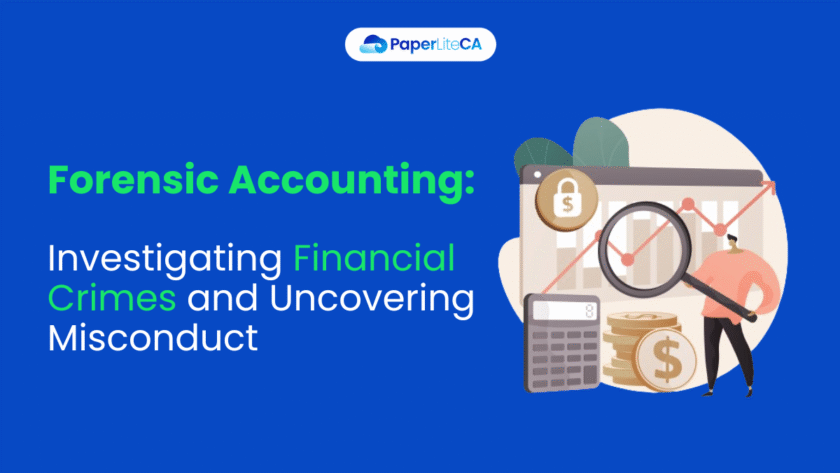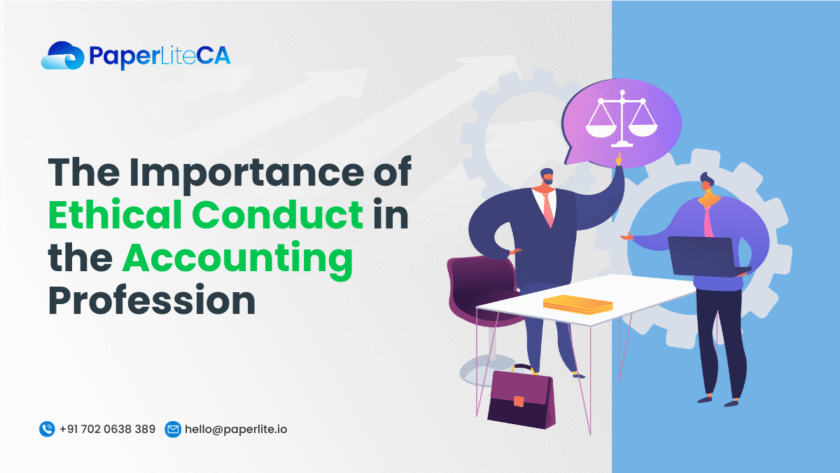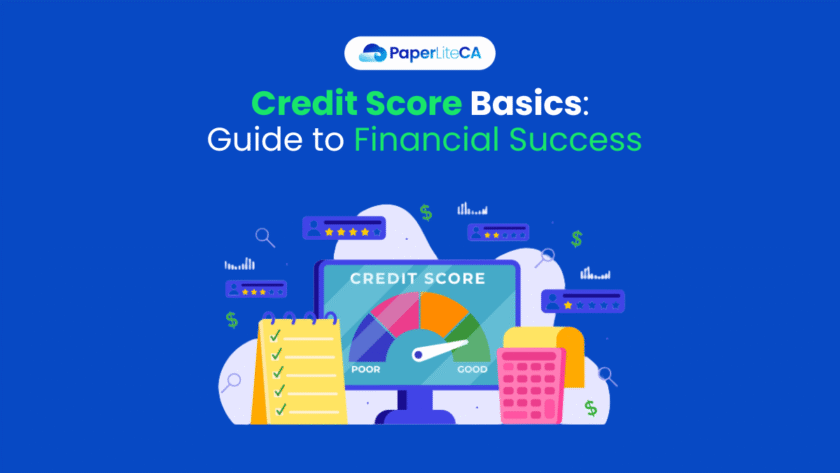The financial system, which is the backbone of our global economy, has a dark side that engages in white collar crimes such as fraud, embezzlement, and money laundering. This murky domain needs a ray of light that dispels the dark forces of deception, which comes in the form of Forensic Accounting.
The branch of Accounting…



